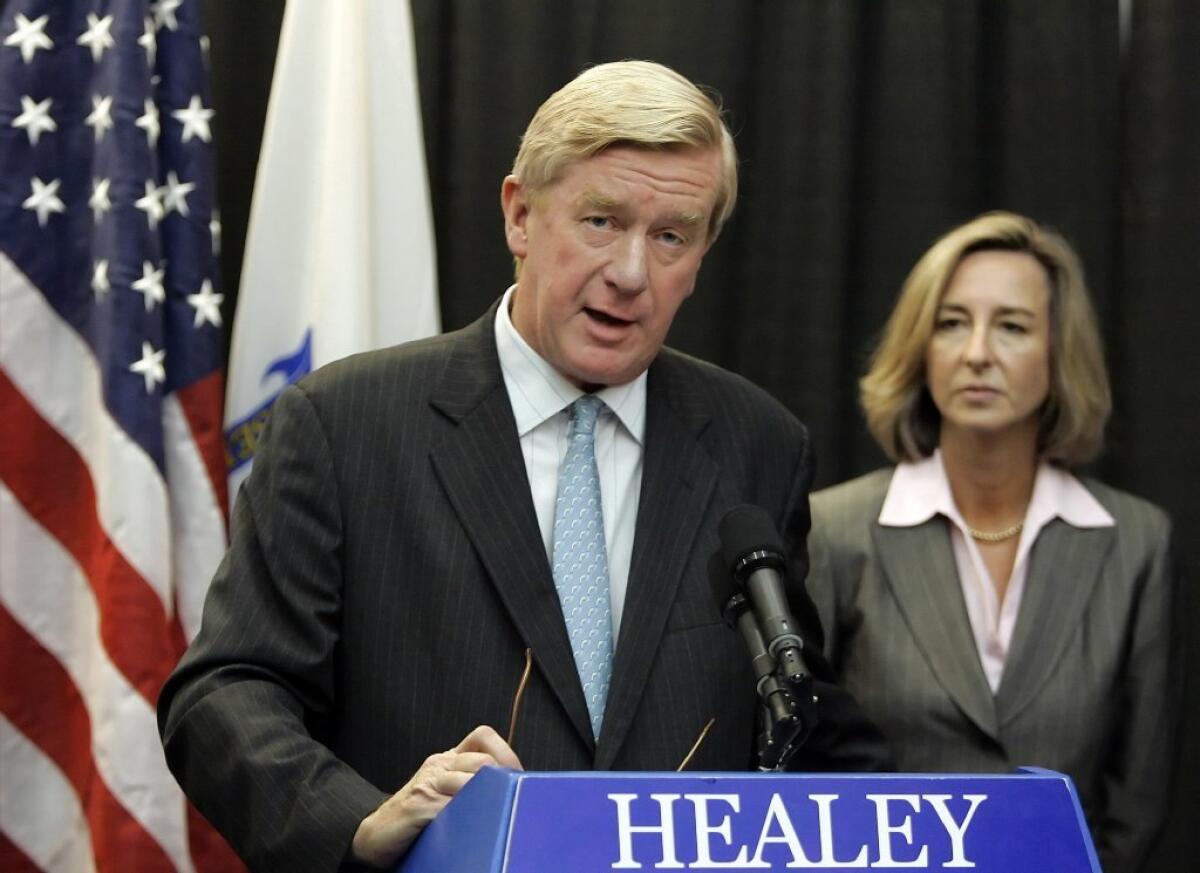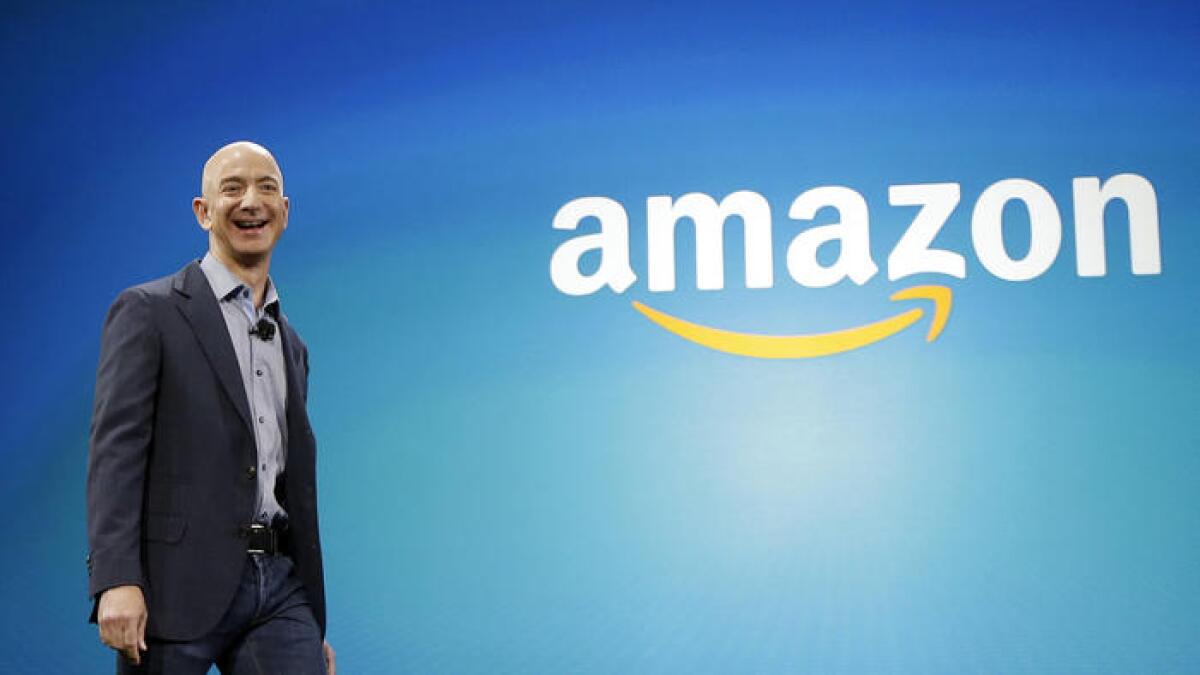Bernie Sanders fights for recognition in the Democratic Party race.
- Cathy McMorris Rodgers says she backs Donald Trump, though “not exactly” with enthusiasm
- Trump’s anti-trade views create problems for businesses along the U.S.-Mexico border
- Vice President Joe Biden and a White House spokesman downplay concerns over Democratic divisions
- Trump released a list of 11 names of potential Supreme Court justices
Hillary Clinton says Donald Trump isn’t fit for the Oval Office
Hillary Clinton toed a hard line against Donald Trump and Bernie Sanders in an interview on Thursday, saying Trump is too “divisive and dangerous” to be president and Sanders has no chance of becoming the Democratic nominee.
The remarks to CNN’s Chris Cuomo were some of her toughest and most confident as the primary season draws to a close and Clinton lays the groundwork for what’s expected to be a vicious general election battle.
Asked by Cuomo whether she thinks Trump is ready for the Oval Office, Clinton said, “No, I do not.”
“The kinds of positions he is stating, and the consequences of those positions, and even the consequences of his statements, are not just offensive to people, they are potentially dangerous,” she said.
Clinton, the former secretary of State, singled out Trump’s proposal for a ban on all Muslims entering the United States as particularly hazardous. She said it would send a damaging signal to the rest of the world and reinforce terrorist propoganda.
Trump fired back with a statement defending his proposal, saying Clinton’s opposition proves her bad judgment and that she’s “unfit to serve as president at this delicate and difficult time in our country’s history.”
During the CNN interview, Clinton also insisted she will be the Democratic nominee.
“I will be the nominee for my party,” she said. “That is already done, in effect. There is no way that I won’t be.”
Clinton has a significant lead in the delegates needed to clinch the nomination, but Sanders has vowed to fight until the convention in July. A spokesman for Sanders, Michael Briggs, said voters have “respectfully disagreed with Secretary Clinton.”
“It is clear that millions of Americans have growing doubts about the Clinton campaign,” Briggs said in a statement.
Stop Trump? Here’s why a third-party effort will probably fizzle
Faced with the prospect of Donald Trump as their presidential nominee, dispirited Republicans have been working their way through the various stages of grief.
But for those who can’t quite make it from denial and anger to acceptance, there is an alternative: Third party!
After failing to beat the Manhattan mogul during the primary season, a group of resistant Republicans — including, for a time, Mitt Romney — have been working hard to coax an independent candidate into the race against Trump and the presumed Democratic nominee, Hillary Clinton.
There are a number of hurdles, however, and history suggests such an effort, if it even comes to fruition, will fall well short of the White House.
What’s driving the third-party movement?
Quite simply, there are a number of Republicans who can’t abide the notion of voting for Trump, because they don’t believe his views are true to the party’s core values or because they find certain of his statements — maligning women, disparaging minorities — off-putting and unacceptable. And the prospect of voting for Clinton is no more appetizing.
Are there political considerations?
Well, duh. Some Republicans worry that Trump’s candidacy and his many inflammatory comments could hurt the party in the long term, especially among Latinos and young people, the latter of whom will be voting in elections for years to come. Call this the Hoover-Carter effect, after two unpopular presidents whose reputations dogged their respective parties for decades.
More immediately, there is also concern about Trump’s effect on November’s down-ballot races and, especially, the GOP’s efforts to retain control of the Senate.
Donald Trump delegate loses spot after child porn indictment
“We strongly condemn these allegations and leave it in the capable hands of law enforcement,” Trump spokesman Hope Hicks said in a statement to NBC. “He will be replaced immediately.”
Elizabeth Warren could unite Democrats behind Hillary Clinton, but what will she want in return?
As the rift between Sen. Bernie Sanders’ supporters and Hillary Clinton‘s expands into anger and even some violent threats, many Democrats are pointing to a potential bridge: Sen. Elizabeth Warren.
The Massachusetts lawmaker is one of the few figures in the Democratic Party who carries as much credibility with the party’s restive left wing as Sanders, the Vermont independent.
But as Democrats ask if Warren can help corral Sanders’ backers, a second question emerges: What does Warren want?
The endgame of the Democratic primaries will shape the bigger contest for influence in the party over the next four years, one in which Warren and Sanders could prove to be allies -- or rivals. That potential adds even more intrigue to an already fraught situation.
“Elizabeth is more focused on the day-to-day policy battles than Bernie is, but yet she will inherit, I think, the political power that Bernie woke up out in the country,” said a longtime Warren confidant who requested anonymity to discuss the sensitive intraparty struggle.
“Bernie himself will be a much more significant figure on his return to the Senate than he was this term. Assuming they’re able to work together at some level, that creates greater power,” he added.
Bill Weld, the new No. 2 on the Libertarian ticket, ‘has all the vices people like’

Former Massachusetts Gov. Bill Weld has always loved stirring the political cauldron.
“He enjoys the political intrigue,” his lieutenant governor, the late Paul Cellucci, told the Boston Globe a few years ago, amid speculation that Weld would run for an open Senate seat in 2013. (He didn’t.)
Cellucci at the time was laughing about another Weld lark, the time he ran for governor of New York in 2005 after having already served in the same office in Massachusetts.
Several news organizations reported Wednesday that Weld, a well-known Massachusetts Republican, would run for another unlikely job, vice president, on the Libertarian Party ticket with former New Mexico Gov. Gary Johnson.
“We got together and shook hands on it,” Johnson told the Associated Press.
I wrote about Weld for the Globe in 2012, when he returned to Boston to join a lobbying practice after several years in New York.
“He has all the vices people like,” a close friend said in describing Weld. “He hunts. He drinks. He gambles.”
Highest-ranking Republican woman in Congress now backs Donald Trump
The highest-ranking Republican woman in Congress, Rep. Cathy McMorris Rodgers, is on board for Donald Trump.
Sort of.
The congresswoman had been withholding her support for Trump, the presumed GOP presidential nominee, but announced ahead of Tuesday’s primary in her home state of Washington that she had mailed in her vote for Trump.
“Did I cast my ballot with enthusiasm? Not exactly,” she wrote on Facebook.
“Do I have concerns about the comments he made in the past and on the campaign trail this year about women; people with disabilities; and those from different backgrounds? Absolutely — I vehemently disagree with such statements.”
As the No. 4 Republican on the House leadership team, McMorris Rodgers met with Trump when the businessman visited Capitol Hill last week.
McMorris Rodgers said she left that meeting “encouraged,” as Speaker Paul D. Ryan said he was, by the exchange.
Adding a top Republican woman to his backers could help Trump mend relations with female voters who give him unfavorable ratings.
“It’s essential we respect the will of the people,” McMorris Rodgers wrote in her post. “Mr. Trump certainly disrupted this unique campaign. It is my hope that his disruption will be positive.”
Her support also leaves Ryan as the only member of the House GOP leadership team not yet backing Trump.
Amazon CEO calls Trump’s behavior not ‘appropriate’ for a presidential candidate

Jeff Bezos is not impressed with Donald Trump.
The Amazon founder and owner of the Washington Post questioned Trump’s ability to serve as president after Trump accused Bezos both of influencing Post stories and failing to pay taxes for his giant e-commerce company. Bezos denies the allegations.
“That’s not an appropriate way for a presidential candidate to behave,” Bezos said at a Post event in Washington.
Trump told Fox News last week that Bezos uses the Post to exert power over people and get tax benefits for Amazon.
“He’s using the Washington Post for power so that the politicians in Washington don’t tax Amazon like they should be taxed,” Trump said.
Trump’s anti-trade talk rankles businesses on the U.S.-Mexico border

Three decades ago, when Rosa Hernandez began working at the Otay Mesa cargo port on the U.S.-Mexico border, it was hardly a bustling center of commerce.
“When I came here in ’86, all there was was the port of entry and tumbleweeds and brown fields,” Hernandez said. Back then, about 300 trucks each day crossed from Mexico loaded with goods to be sold in the U.S.
Now, as port director, she oversees an operation that daily inspects and moves 6,000 trucks loaded with electronics, produce, even live animals, in and out of the country. The surrounding fields have morphed into strip malls and gas stations and premium shopping outlets.
The populist rhetoric of Donald Trump and Sen. Bernie Sanders has made international trade a focal point of the presidential campaign. Often, the debate is framed in stark terms of winners and losers: jobs migrating to lower-wage countries such as Mexico and China, leaving in their wake hollowed-out industrial towns in the Midwestern Rust Belt.